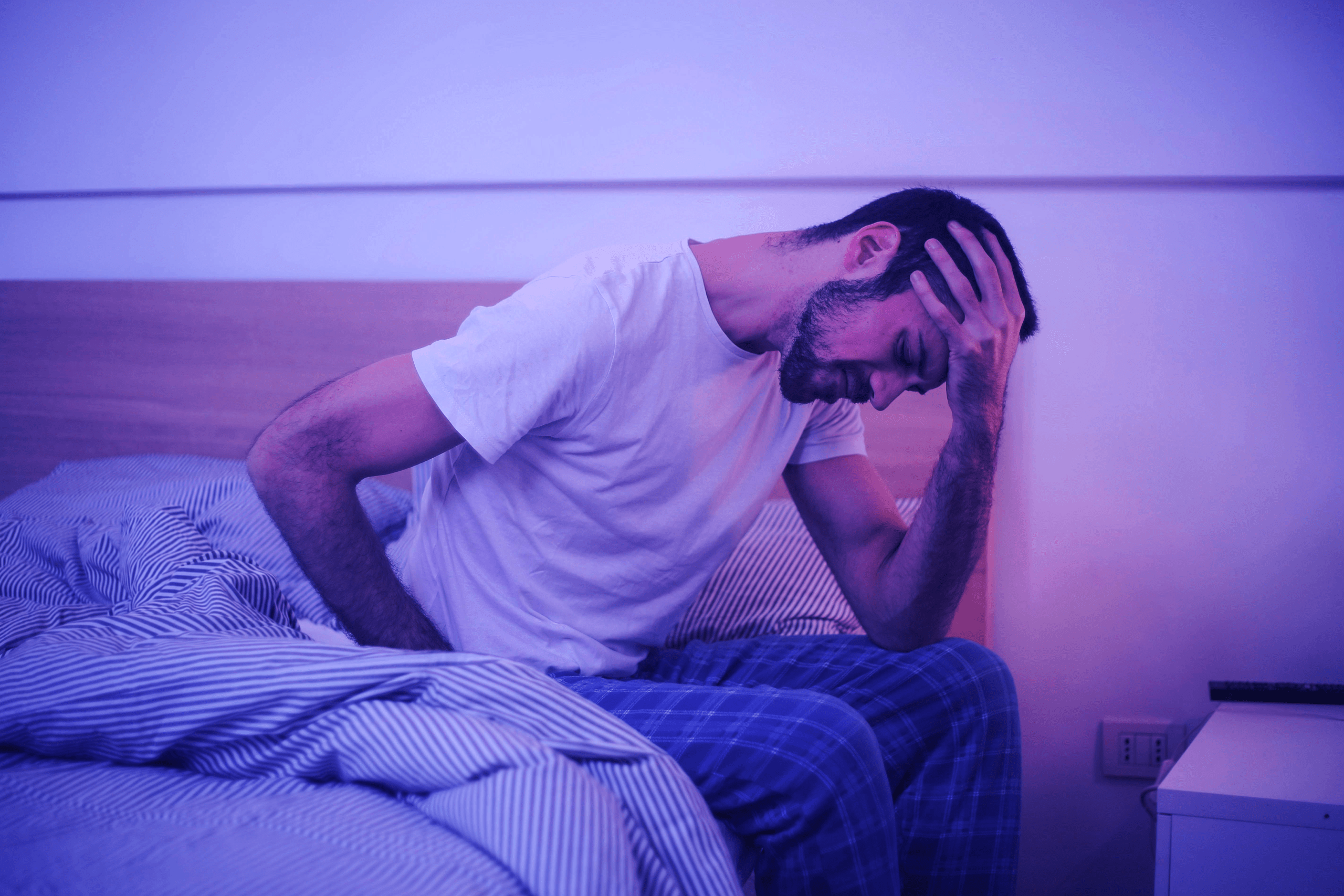Sleep Deprivation in Emergency Services: Understanding Its Impact and Finding Solutions
Date:Monday December 30, 2024

Sleep deprivation is a significant concern for first responders, as it can lead to fatigue, decreased performance, and increased risk of accidents. Understanding the effects of sleep deprivation and finding effective solutions is vital for maintaining health and safety on the job.
The Impact of Sleep Deprivation
First responders frequently work long shifts and irregular hours, disrupting their natural sleep patterns. Lack of sleep can impair cognitive function, reduce reaction times, and affect decision-making abilities—critical skills in emergency situations.
Strategies for Better Sleep
- Establish a Sleep Routine: Creating a consistent sleep schedule helps regulate the body’s internal clock. Try to go to bed and wake up at the same time, even on days off, to promote better sleep quality.
- Create a Sleep-Friendly Environment: Make the sleep environment conducive to rest. Keep the room dark, quiet, and cool, and consider using blackout curtains or white noise machines to minimize disturbances.
- Limit Stimulants: Reduce caffeine and nicotine intake, especially in the hours leading up to bedtime. These substances can interfere with the ability to fall asleep and affect sleep quality.
- Practice Relaxation Techniques: Engage in relaxation exercises, such as deep breathing, meditation, or gentle stretching before bed. These practices can help calm the mind and prepare the body for sleep.
- Nap Strategically: If sleep is lacking, short naps (15-30 minutes) during breaks can help improve alertness and performance. However, longer naps can disrupt nighttime sleep, so timing is essential.
Addressing sleep deprivation is crucial for the health and performance of first responders. By implementing these strategies, you can improve your sleep quality, leading to enhanced focus, safety, and overall well being.
